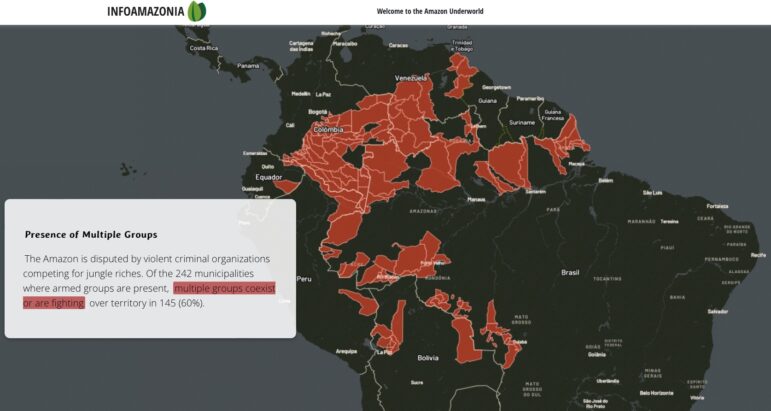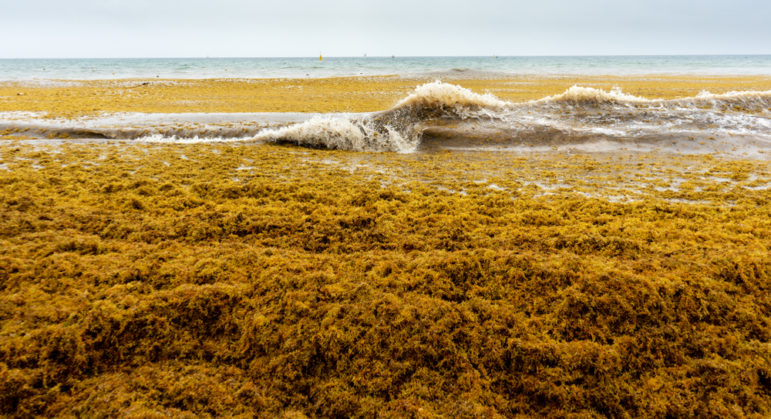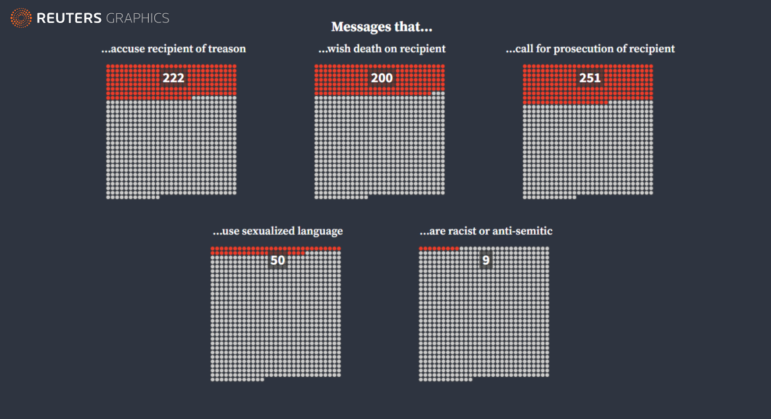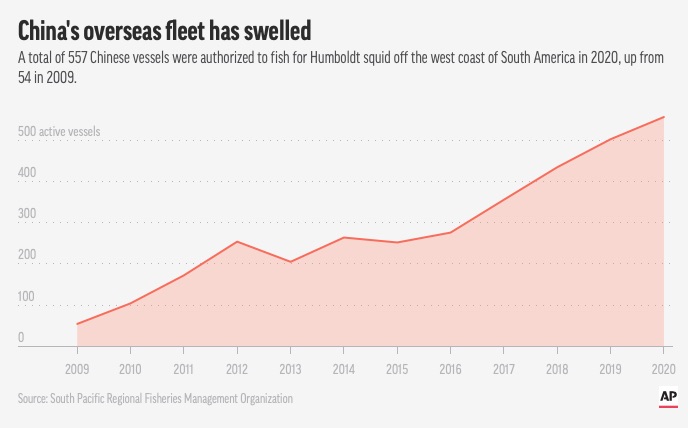
Data Journalism Data Journalism Top 10
Data Journalism Top 10: Armed Groups in the Amazon, US Gun Exports, and Myanmar’s Airstrikes
This edition highlights a cross-border exposé of the different underworld groups operating in the Amazon’s border areas, and a look at the global impact of violence from US gun exports.









